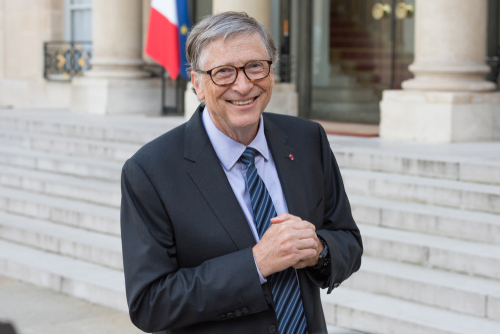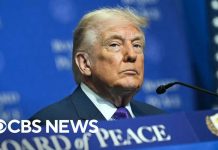
Bill Gates’ plans to spend $200 billion on Africa have sparked a bitter public feud with Elon Musk, who claims Gates has no moral authority after his ties to Jeffrey Epstein.
Key Takeaways
- Microsoft founder Bill Gates has pledged to donate $200 billion, primarily to Africa, by 2045 as part of his philanthropic vision.
- Gates announced this massive commitment at Nelson Mandela Hall in Ethiopia, emphasizing partnerships with governments focused on health and education.
- Elon Musk publicly denounced Gates as a “huge liar” and criticized his past association with convicted sex offender Jeffrey Epstein.
- Gates countered by accusing Musk of endangering the world’s poorest children through his influence on aid funding cuts.
- The public clash between two of the world’s wealthiest men has overshadowed discussions about the potential impact of Gates’ pledge on African development.
Gates’ Unprecedented African Investment Plan
In a move that represents one of the largest private philanthropic commitments in history, Microsoft co-founder Bill Gates has announced his intention to donate approximately $200 billion, with the majority directed toward addressing challenges in Africa over the next two decades. The announcement came during a high-profile ceremony at Nelson Mandela Hall at the African Union headquarters in Addis Ababa, Ethiopia. Gates emphasized that his donation strategy will focus on partnering with African governments that prioritize investments in health and education systems, areas he believes are fundamental to unlocking human potential and driving prosperity across the continent.
This massive commitment is part of Gates’ larger plan to divest himself of virtually all his wealth by 2045, a philosophy inspired by industrial magnate Andrew Carnegie’s essay “The Gospel of Wealth.” Carnegie’s influential work argued that the wealthy have a moral obligation to use their fortunes to improve society rather than passing vast inheritances to their children. Gates appears to be following this blueprint precisely, having already channeled billions through the Bill & Melinda Gates Foundation into global health initiatives, focusing particularly on diseases that disproportionately affect developing nations.
Billionaire Showdown: Gates vs. Musk
What should have been celebrated as a historic philanthropic gesture has instead sparked a bitter public feud between Gates and fellow billionaire Elon Musk. During his announcement, Gates directly criticized Musk, accusing him of harming the world’s poorest children through his influence on U.S. foreign aid policies. Gates specifically expressed concern about funding cuts from various countries, including the United States, warning that such reductions could lead to increased mortality rates globally, particularly in vulnerable populations that depend on international assistance for basic healthcare and nutrition programs.
Musk responded forcefully to Gates’ accusations, calling the Microsoft founder a “huge liar” and bringing up Gates’ past association with convicted sex offender Jeffrey Epstein. This counterattack highlights the personal nature of the conflict between the two tech titans. While Gates focuses his criticism on Musk’s alleged impact on USAID funding and global welfare programs, Musk has chosen to question Gates’ moral authority by referencing his controversial connections. The public nature of this dispute has overshadowed discussions about the potential benefits of Gates’ massive financial commitment to African development.
Questions About Implementation and Impact
Despite the headline-grabbing size of Gates’ pledge, serious questions remain about how effectively this money will be deployed across the African continent. The Gates Foundation has previously faced criticism for its top-down approach to philanthropy, where priorities are often set by Western experts rather than local communities. Conservative critics have pointed out that massive influxes of foreign aid without proper accountability measures have historically fueled corruption in recipient countries, potentially enriching elites while failing to reach intended beneficiaries.
Gates’ emphasis on partnering with governments rather than private enterprise has also raised concerns about whether this approach will create sustainable economic growth or merely temporary improvements dependent on continued foreign funding. President Trump’s administration has consistently advocated for international development models that focus on self-sufficiency and private sector growth rather than perpetual aid dependency. As Gates begins distributing his fortune across Africa, the effectiveness of his strategy compared to market-based development approaches will be closely scrutinized by both supporters and skeptics of traditional philanthropy.









